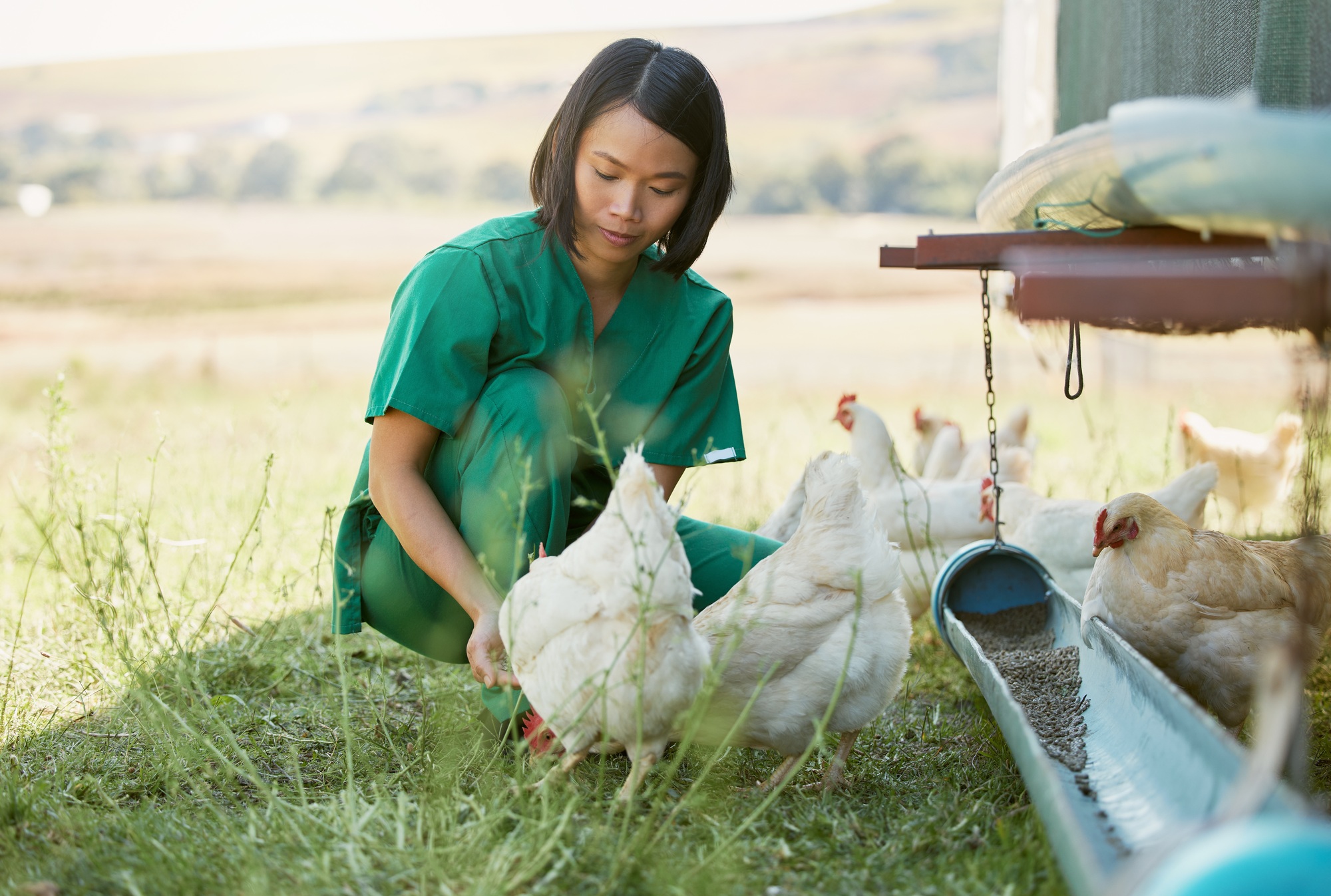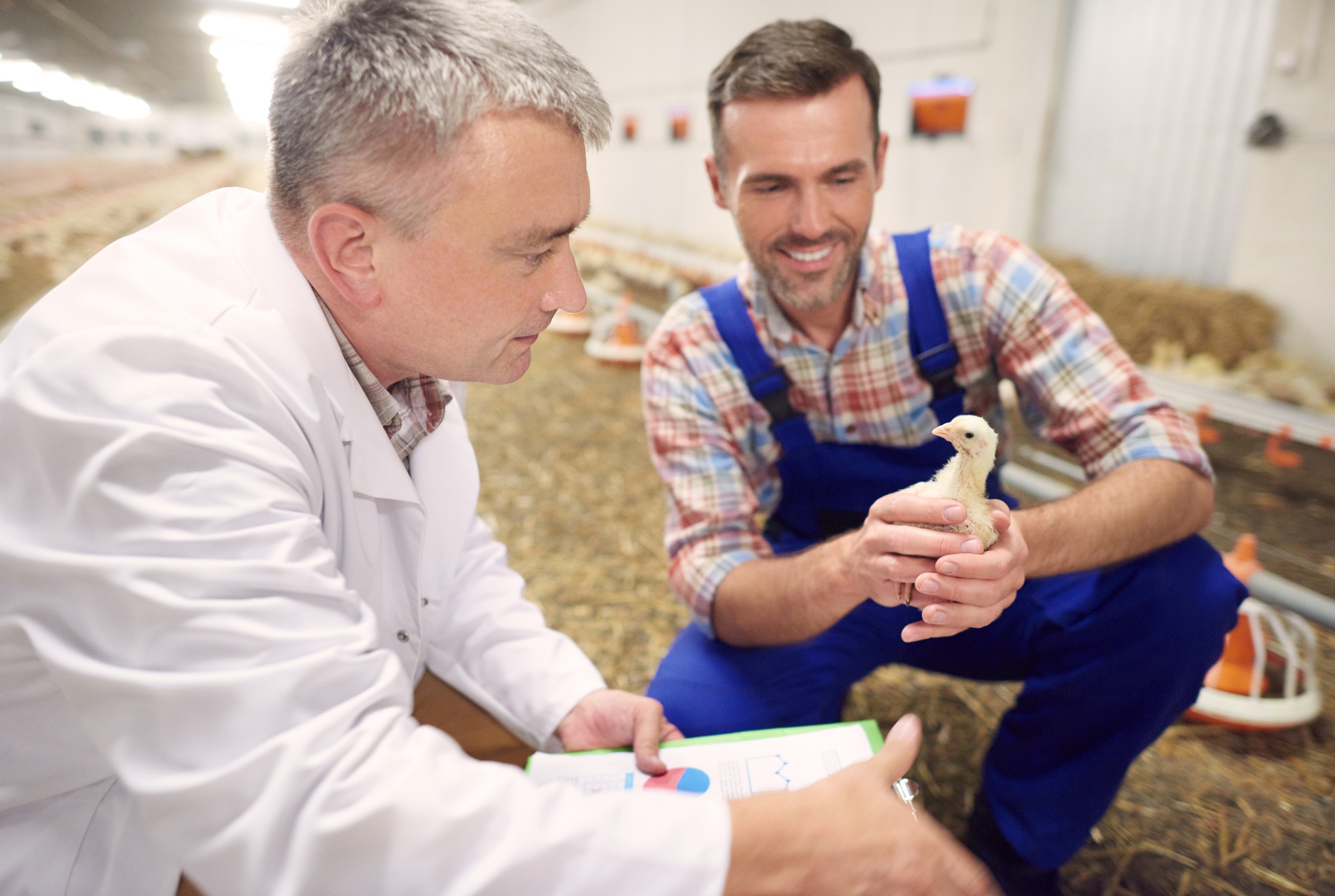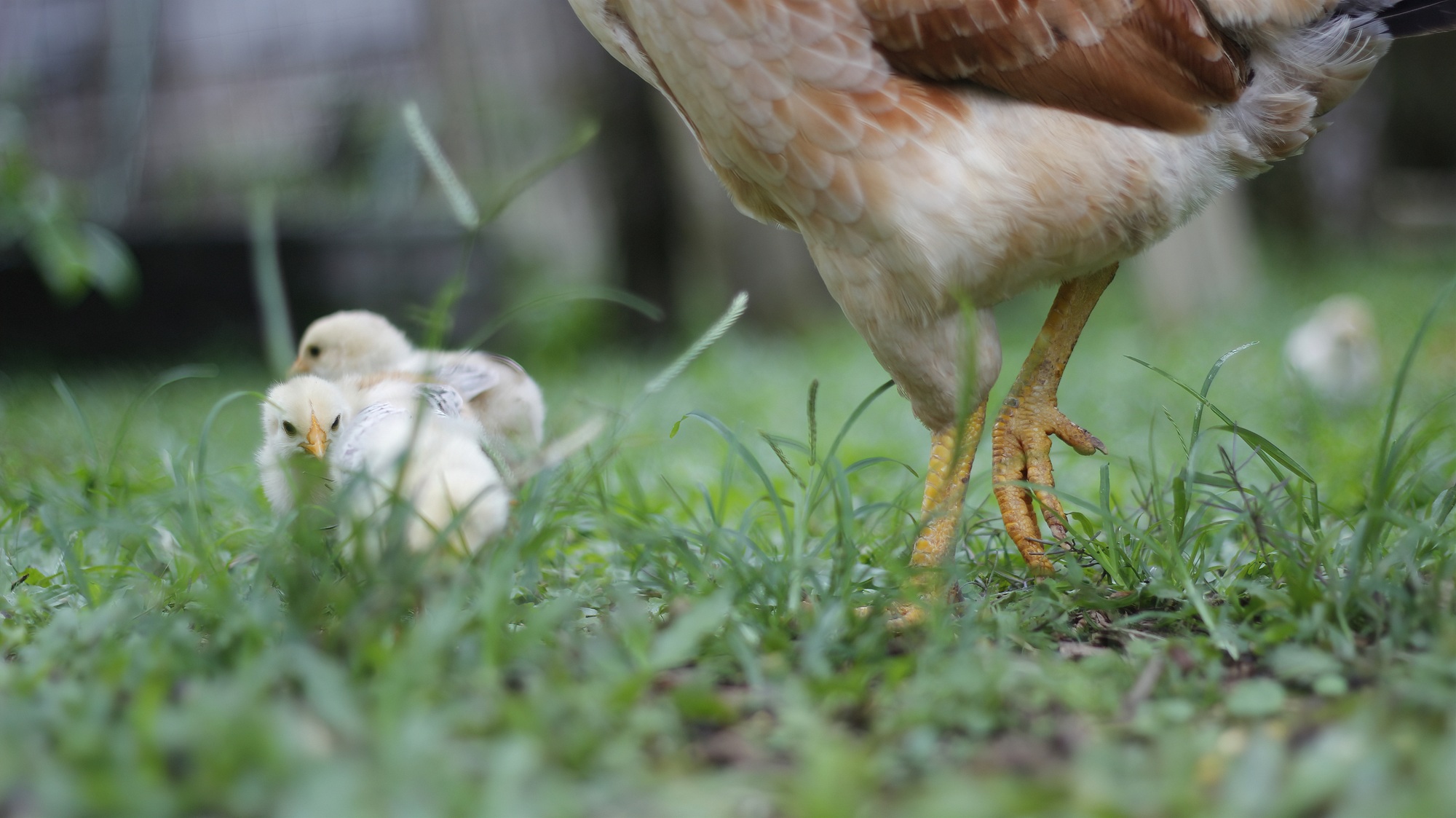The poultry industry is a vital sector in the global food production chain. With an increasing number of people consuming poultry meat worldwide, it is crucial that producers and poultry specialists work together to ensure the health and well-being of the birds.
This article delves into the benefits of such partnerships, focusing on knowledge sharing, advanced veterinary services, innovative vaccine solutions, health monitoring, vaccination services, and data-driven smart solutions.
- 1 Knowledge sharing for effective poultry production
- 2 Veterinary services for disease prevention and control
- 3 Innovative vaccine solutions for poultry health
- 4 Health monitoring and data-driven solutions
- 5 Vaccination services for quality assurance
- 6 Collaborative research and technology transfer
- 7 Efficient supply chain and food security
Knowledge sharing for effective poultry production
To make informed decisions related to poultry health management, producers, poultry industry players, from veterinarians to farmers need access to accurate, up-to-date information. Partnering with poultry specialists can provide producers with access to a wealth of knowledge, from disease detection and prevention to best practices in feed and farm management.
Specialist organizations like Ceva Santé Animale in Poultry, provides a professional content platform, or a “Knowledge Hub,” that connects producers, veterinarians, farmers and anyone working in the poultry production chain to the latest expert insights and resources. This knowledge is not merely theoretical. It is based on extensive research and is applicable in the field to real-world farming situations.
Through these platforms, producers, veterinarians, farmers and anyone involved in the poultry production chain, can learn about key diseases that affect their poultry, their symptoms, preventive measures, and management techniques. This provides all industry readers helpful insights on early disease detection allowing them to consider taking necessary steps to control potential outbreaks and minimize their impact on poultry health and production.
Veterinary services for disease prevention and control
In the modern poultry industry preventive care is highly emphasized. Veterinary services are essential in this effort, offering producers professional guidance on disease prevention and control. These services help ensure the health and well-being of the poultry flocks.

Protect chick’s health
Poultry specialists like Ceva continually invest in veterinary services to support poultry industry. These services focus on the prevention and control of key diseases that could significantly impact the production chain. With the help of dedicated veterinary teams, producers can effectively monitor the health of their chickens, implement preventive measures against diseases ultimately leading to more productive and sustainable farming practices.
Innovative vaccine solutions for poultry health
Vaccines play a critical role in maintaining poultry health. Through partnerships with poultry specialists, producers can access innovative vaccine solutions that are safe, effective, and tailored to their specific needs.
Animal health companies are actively researching and developing vaccines to prevent major poultry diseases.
These vaccines, which include solutions for diseases like Infectious Bursal Disease (IBD), Newcastle Disease (ND), and Salmonella, are designed with high safety and efficacy standards to ensure the health and productivity of the birds.
In addition to providing the vaccines, animal health specialists also offer guidance on the overall vaccination process, including vaccine preparation, administration protocols, and vaccination techniques to ensure the effectiveness of the vaccines and minimize the risk of disease outbreaks.
Health monitoring and data-driven solutions
Health monitoring is a critical component of poultry health and farm management. Regular health checks and disease surveillance can help producers detect any health issues early and respond appropriately.
Vaccination service teams offer an additional support in this area by providing advanced equipment, and automation solutions that utilizes cutting-edge technologies like image processing, spectral analysis, artificial intelligence, connected systems, IoT, and big data. These tools provide producers with precise and real-time information about the health of their birds, enabling them to make proactive decisions about their flock’s health and productivity.
Vaccination services for quality assurance
Vaccination quality is essential for chick health. Poor practices can lead to vaccine failure, negatively impacting poultry health and production outcomes.
Poultry vaccination specialists offer vaccination services to help producers and veterinarians ensure safe and efficacious vaccination in the hatchery and on the field. These services include technical support and training on the entire vaccination process, with special focus on proper vaccination techniques and practices, helping to maximize the efficiency of vaccines and equipment investments.
Producers and poultry vaccination specialists working together can significantly enhance the health and productivity of the poultry industry. Such partnerships bring together the practical experience of producers and the specialized expertise of poultry health specialists, creating a constructive collaboration that benefits not only the farm but also the poultry industry and the global food production chain.
Collaborative research and technology transfer
The ability to conduct complex scientific studies and share findings is key to understanding and controlling diseases in the poultry sector. Thankfully, partnerships between poultry specialists and producers facilitate collaborative research and transfer of technology.
Poultry veterinarians and data specialists participate in vital research activities alongside producers. Poultry scientists study the latest research on poultry diseases, production systems, and animal welfare thanks to field trials and local case studies with data analysis. This information is then shared to integrators and producers, enabling them to consider the latest scientific findings when selecting vaccine or equipment solutions adapted to the needs of their poultry operations.
In addition, collaboration often involves the development and testing of new technologies. For instance, veterinarians and vaccination specialists can work with producers to test new poultry vaccines or health monitoring technologies in real-world farming situations. Once the effectiveness of such technologies is proven, they are then transferred to the producers for application in their poultry operations.
Such partnerships between poultry field veterinarians, vaccination specialists and producers provide an effective platform for collaborative data collect, technology sharing and field application. This enables producers to stay at the forefront of scientific advancements in poultry health and productivity with the aim of protecting their flocks from outbreaks.
Efficient supply chain and food security
In the poultry industry, the efficient management of raw materials and supply chains is paramount. Fortunately, partnerships between poultry specialists and producers can play a significant role in this area.
Specialists utilizing their extensive knowledge can guide producers to better manage their resources. They can offer advice on efficient feed management, sourcing of quality raw materials, and the proper handling of poultry products along the supply chain. This guidance helps to eliminate wastage, improve productivity, and enhance the overall efficiency of poultry production.
Furthermore, efficient supply chain management contributes to food security. By ensuring that poultry products are safely and efficiently transported from the farm to the consumer, these partnerships help to enhance the availability and accessibility of poultry products. This is particularly crucial as the demand for poultry continues to rise globally.
In sum, partnerships between producers and poultry specialists contribute significantly to an efficient supply chain and enhanced food security.
In conclusion, partnerships between producers and poultry filed veterinarians and vaccination specialists offer numerous benefits. They facilitate knowledge sharing, promote effective disease prevention and control, provide access to innovative vaccine and equipment or “smart” solutions, and support health monitoring and vaccination services.
Furthermore, they foster data collecting, efficient supply chain management, and the promotion of ethical farming practices. As such, these partnerships significantly enhance the health and productivity of the poultry industry, contributing to a sustainable global food production chain.

